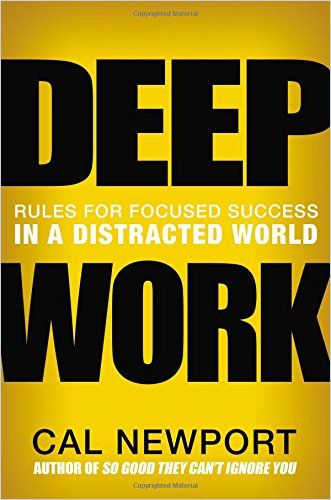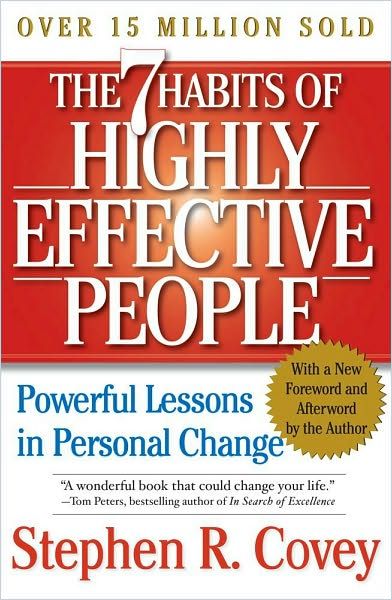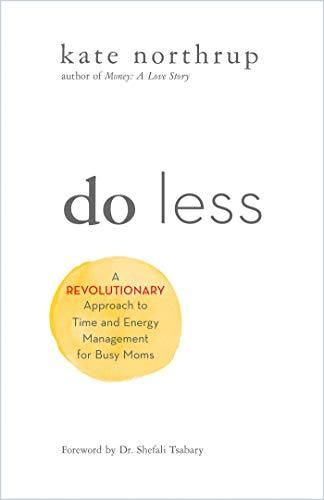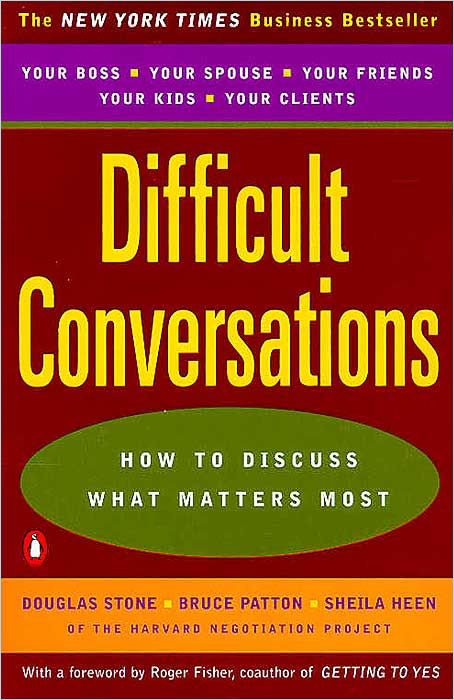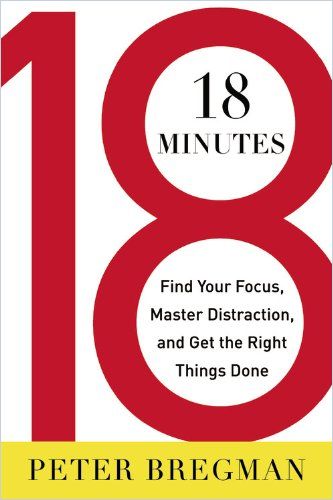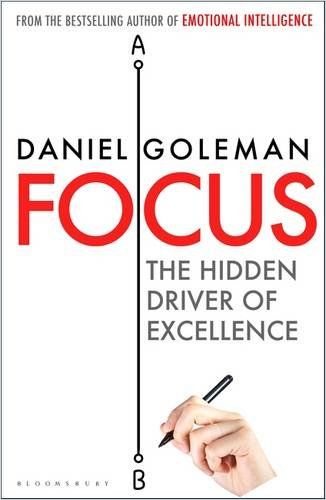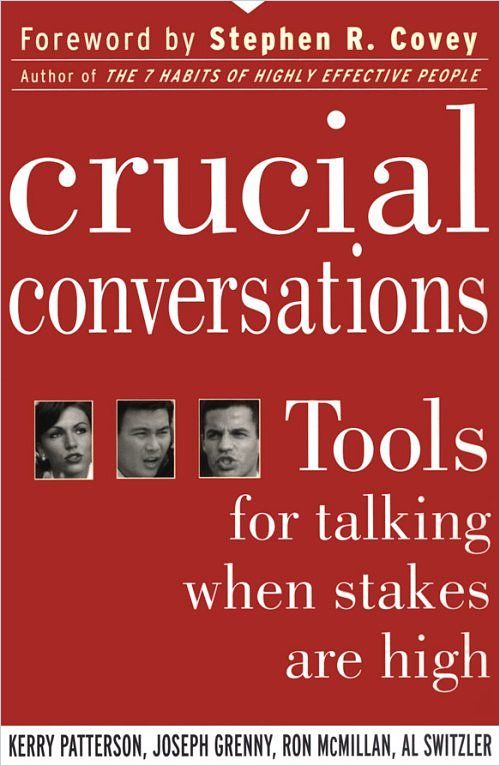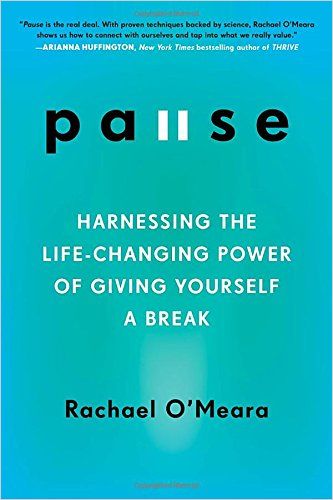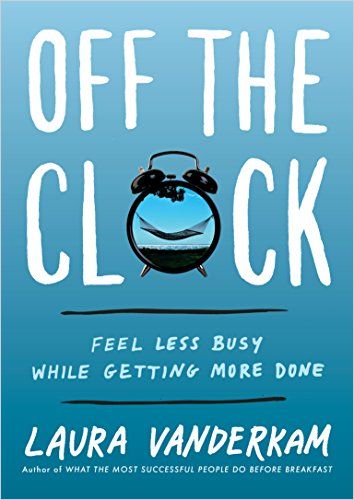What Can I Do, Starting Today, to Set Boundaries at Work to Support More of a Balance in My Life?

“Many of our clients face blurred lines regarding when to begin and when to stop work hours,” says Fernanda McElravy, customer success manager at getAbstract. “The blurring of boundaries has created new obstacles for their work-life balance, especially when employees are overwhelmed within their own lives.”
Companies currently are looking for tips, guidance or tricks of the trade that can encourage a more authentic and truthful dialogue between managers and employees about their work-life balance. “They want to know how managers can comfortably communicate in difficult times. Companies also want to learn effective methods to ensure their remote teams function well, while coaching employees through unusual and often highly stressful circumstances,” McElravy explains.
According to Melody J. Wilding’s Your Guide to Setting Boundaries at Work – Without Making Anyone Resent You, there are a number of steps that we may take to respectfully set boundaries and ensure people abide by them. She shares that “the key to staying sane while succeeding at work is to set firm, self-respecting boundaries that help you make smart decisions about how you spend your time and energy.”
With a little self-reflection, and a clear action plan we may realistically begin to see true work-life balance:
Set Boundaries at Work
Taking time to reflect and pause in life has value. People wrongly believe that working harder helps them control their success. So, “take back” your weekends and make time for necessary leisure!
Unplug and Disconnect
Many of us are connected to work 13.5 hours a day, 72 hours a week. This is true, irrespective of gender, seniority or business sector. Smartphone-carrying employees are not spreading their regular working hours over a longer period of time; they are consistently working longer hours and being deprived of time for day-to-day personal activities. In short: The overuse of smartphones for work hinders work-life balance, which leads to exhausted and unhappy employees.
Make Time for Personal Goals
Even a fine-tuned sense of self-awareness about your patterns of behavior may not enable you to understand why you behave certain ways, but metacognition can help. This is the process of analyzing the reasons for your behaviors – a way of “thinking about thinking.” It’s a deep dive into the experiences that inform your actions to explain how they boost or hinder you in reaching your full potential. Engaging in metacognition enables you to develop a deeper understanding of what makes you different and special and of what holds you back.
Work-Life Balance
High-performing professionals’ passion for work drives their career success. They understand that a winning career requires a big investment of time, energy and commitment. Yet they often forget that a successful family life requires an equal level of passion.
Nobody has limitless reserves of dedication and energy. When you expend most of your steam at work, you may have little left to devote to your family.
Difficult Conversations
People commonly tend to avoid conflict, which can lead to further disagreements. Yet dealing with and handling conflict well helps strengthen relationships and facilitates personal growth. Tough conversations have three possible outcomes: a solution, a plan or an understanding. Don’t aim too high: Initially, work toward understanding.



